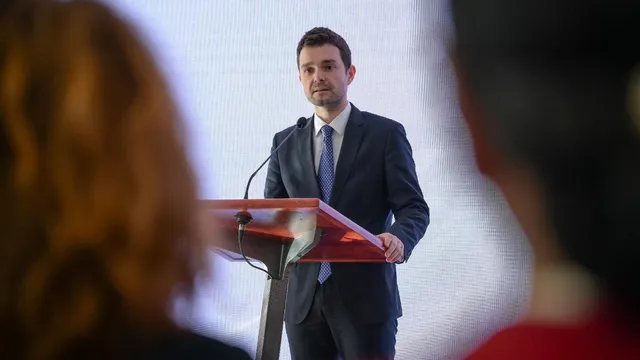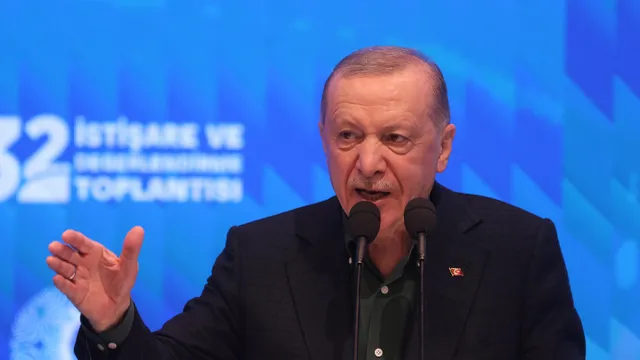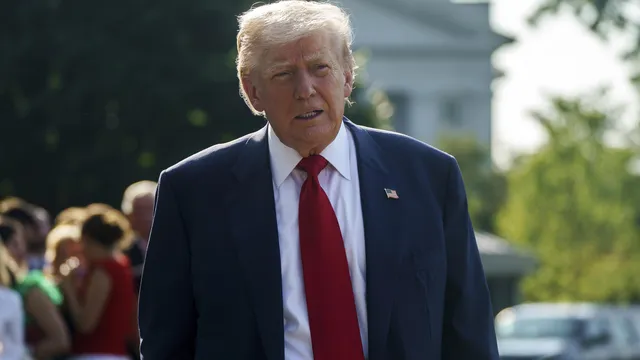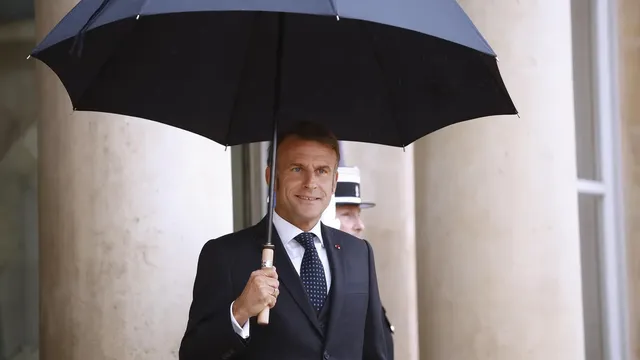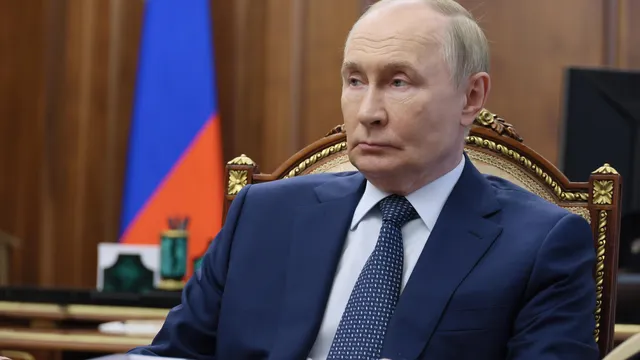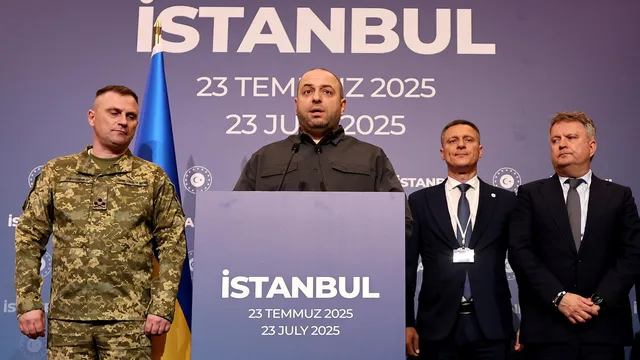China is seeking to strengthen its ties with the Old Continent and present itself as a more stable and reliable partner than Donald Trump's United States.
Xi Jinping's meeting in Beijing with Ursula von der Leyen, President of the European Commission, and Antonio Costa, President of the European Council, was supposed to mark the 50th anniversary of the establishment of diplomatic relations.
But European leaders arrived with a long list of contentious issues, AFP reported.
These include the significant trade imbalance to the detriment of the EU, fears of the European market being flooded with cheap and subsidized Chinese products, and the rapprochement between Beijing and Moscow, which is viewed with suspicion against the backdrop of Russia's invasion of Ukraine.
"The more difficult and complex the international situation is, the more China and the EU should strengthen communication, enhance mutual trust, and deepen cooperation," Xi Jinping said in the huge People's Palace, a traditional venue for diplomatic receptions in central Beijing.
Given the "instability" in the world, "Chinese and European leaders must once again show foresight and commitment and make the right strategic choices that meet the expectations of their peoples," he stressed, according to a statement from the Chinese Foreign Ministry.
"The current challenges facing Europe do not come from China," Xi Jinping said, as quoted by the state news agency China News.
"There is no conflict of interests or fundamental geopolitical differences between China and the EU. The basic principles and the overall tone (of our relations), in which cooperation prevails over competition and consensus over differences, have not changed," he said.
In response, Ursula von der Leyen said that it was "essential for China and Europe to acknowledge their mutual concerns and propose concrete solutions."
She warned that relations had reached a "decisive moment."
For his part, Antonio Costa told Xi Jinping that the EU wanted to see "concrete progress on trade and economic issues."
"We both want our relations to be mutually beneficial," he stressed.
Brussels acknowledged before the visit that talks with Xi Jinping and Premier Li Keqiang could be tense.
"We know that we disagree with China on many issues," a senior European official acknowledged last week.
"But we believe it is essential to have this kind of very direct, open, and constructive exchange at the highest level," he added.
At the top of the European agenda is the huge trade deficit with Beijing, which reached $357 billion last year.
Before her visit, Ursula von der Leyen also assured that Brussels would ask Beijing to open up its market more to European companies and ease restrictions on exports of rare earth elements, which are of strategic importance for modern technologies.
The EU has imposed heavy tariffs on electric vehicles manufactured in China, accusing Chinese state subsidies of distorting competition to the detriment of European manufacturers.
Beijing responded with targeted investigations into imports of pork, cognac, and dairy products from Europe.
With regard to the war in Ukraine, Europeans view the economic and political rapprochement between China and Russia since the 2022 invasion with suspicion, believing that it provides key support for Moscow.
Antonio Costa again called on Xi Jinping to "use his influence over Russia" to end the war.
Last week, the EU adopted new sanctions against Russia, targeting two Chinese banks in particular.
"We are not naive," said a senior European official.
"We do not want China to sever ties with Russia, but to strengthen customs and financial controls," he added. | BGNES

 Breaking news
Breaking news
 Europe
Europe
 Bulgaria
Bulgaria


